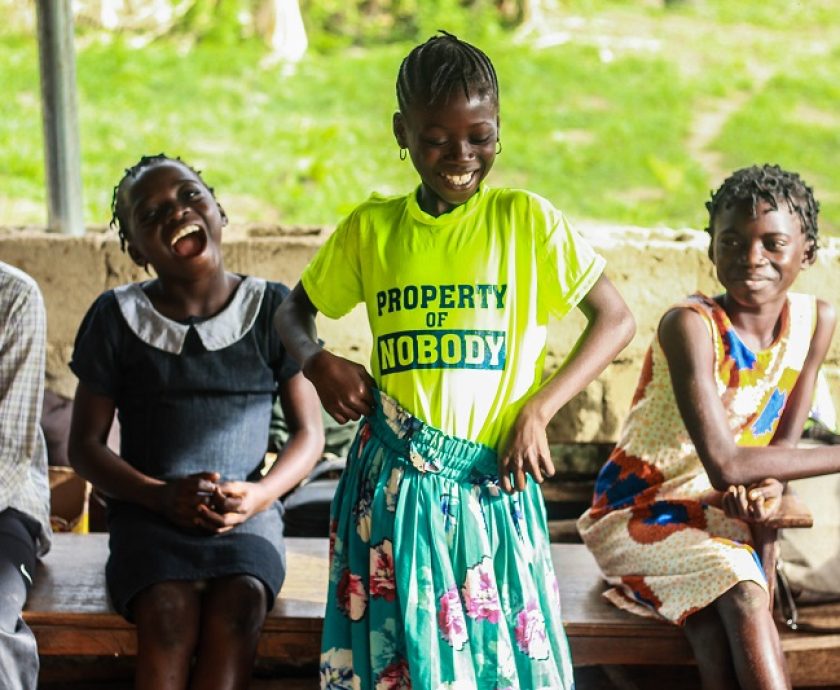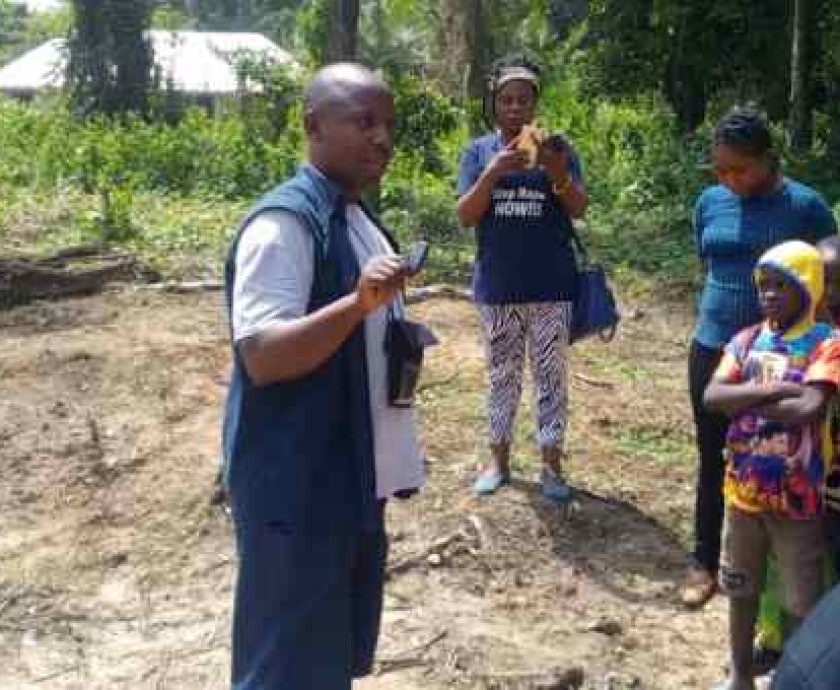The state of education in rural Nigeria is one of the biggest challenges that Education stakeholders have to address, urgently.
For many years, “Rural Education” has meant education, characterized with very poor infrastructure with less or no attention.
In Nigeria’s National Policy on Education (FRN 1998), it stated that the Federal Government has adopted education as an instrument for affecting National Development in all areas of the Nation. Well, it seems this was said in the absence of proper procedure and process to implement. Taking a critical look at the Educational system in the rural areas of Nigeria, the overwhelming widespread of illiteracy is obvious to the undiscerning.
Generally, the rural areas in Nigeria are incessantly neglected by the government when it comes to the development of any form, educational development inclusive. It is a well-known fact that Nigeria is predominantly a rural society as the highest number of her population live in the rural regions.
Pinning the aspect that some schools in cities with well-structured buildings, facilities give less than what a proper education entails, some of the schools in the rural communities do not even have blocks not to talk of classrooms foundation.
It is as poor as there is no plan of any form for the rural areas.
In many moments of my thinking, I have always wondered if the Government or maybe the educational stakeholders of the country believe that nothing good can come out of the Nazareth of the rural dwellers.
Even the private bodies find it difficult to establish learning locations due to the poor situation of these rural communities.
In my words, if half of a country that claims to be developing is living extremely low to its standard of living, then the country is below developing.
Education is to the nation what food is the body and what mind is to the body. As much as the rural areas are the major part of the country and effective education is lost in these places, there is a fault in the country’s physical coordination, direction, and activities.
All children, no matter where they live or what their circumstances, have the right to quality education. In one of UNICEF’s research, they recorded that, even though primary education is officially free and compulsory, about 10.5million of the country’s children aged 5-14years are not in school. Only 61 percent of 6-11-year-old regularly attend primary school and only 35.6 percent of the children aged 36-59 months receive early childhood education.
With this increasing number of less privileged children, I doubt when Nigeria’s development will ever be complete.
Generally, rural areas in Nigeria are incessantly neglected by the government when it comes to any form, educational developments.
Though the rural dwellers are not recognized on most the government development activities, a lot of our nation’s wealth are derived from these areas. This shows that the under-development in Nigeria as a country can be linked to a lack of development in the rural communities. This is because the single most important complex of social-control tools for national development is found in the educational system.
This calls for the need of Nigeria Government to face the developing educational system of the rural communities and at the same time, not neglecting the development of education in the Urban settings.
Written By Blessing Adedoja and Evelyn Olaniyan for Bramble.













